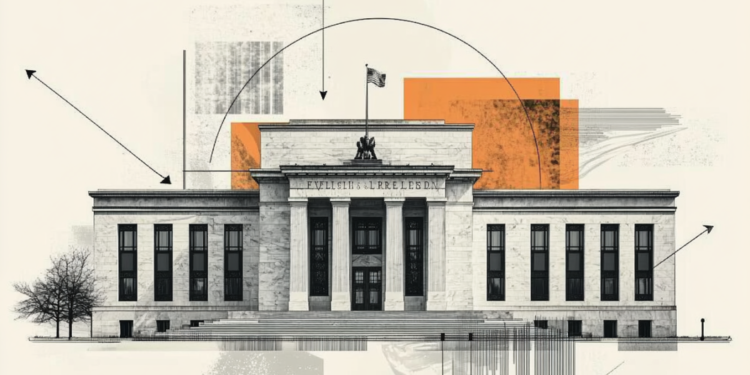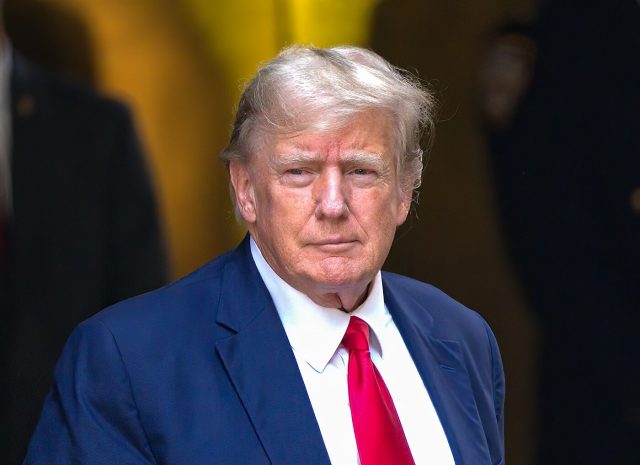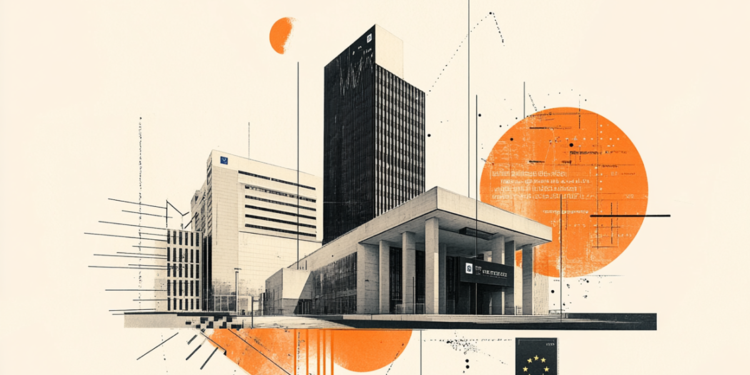While the market keeps an eye on the movements of candidates for the Presidency of the Republic, especially with regard to the economic policies of Jair Bolsonaro (PL) and Luiz Inácio Lula da Silva (PT), a data published last Monday (17) sparked an alert for the pace of Brazilian activity.
The IBC-Br, considered the “preliminary of the Gross Domestic Product (GDP)” of the Central Bank, came in much worse than expected, with a decline of 1.13%. The expectation was for a fall of 0.3% to 0.5%.
Some economists say high interest rates are already taking their toll on the economy, while a global slowdown is imperative.
Others, however, consider that it may be a seasonal effect, which happens when significant commemorative dates prevent a more accurate reading of the economic moment, such as Christmas, which is already knocking at the door. In this tune, the seasonal effect is taken out of account so that the result is more in line with reality — a process that has become more complex with the opening-and-closing of the pandemic.
Even so, the perspectives for the closed GDP for the year remain above 3%, because of the so-called “carrego effect”, which sees the good performance of the first half extending even in a difficult scenario. It is not known how much of this growth is structural, based on reforms carried out in the economy, or circumstantial, driven by government measures taken in an election year.
What remains of alert is for the year 2023, which already has a forecast of a slowdown to around 0.5% and a high degree of uncertainty as to what to expect from the economic policies of the next government.
Presented by Thais Herédia and Priscila Yazbek, CNN Money presents a balance of news issues that influence markets, finances and the direction of society and power dynamics in Brazil and worldwide.
*Posted by Tamara Nassif
Source: CNN Brasil







